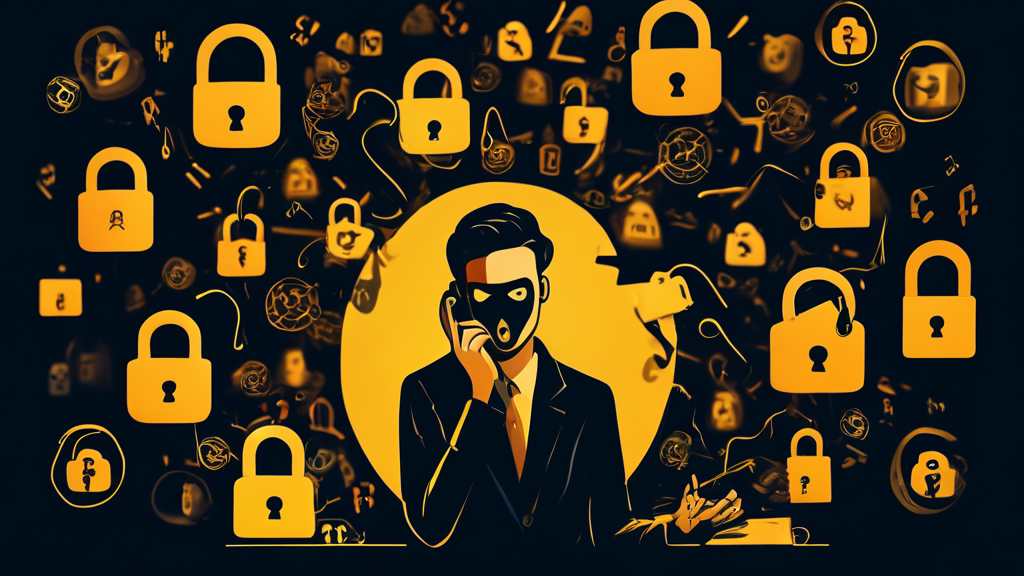If You Get an Unexpected Call from Apple Support, You’re Being Hacked
In an age where our lives are increasingly intertwined with technology, the sophistication and frequency of cyber threats are on the rise. An alarming trend involves fraudsters impersonating Apple Support to gain unauthorized access to personal information, financial data, and even take control of your devices. If you receive an unsolicited call reportedly from Apple Support, alarm bells should ring—it's likely an attempt to hack you.
The Mechanics of the Scam
The scam typically begins with an unexpected phone call or voicemail claiming to be from Apple Support. The caller might warn of a security breach, a compromised iCloud account, or a problem with your device that requires immediate attention. The sense of urgency is a tactic designed to prey on your fear, hoping you'll act hastily and overlook red flags.
These impostors may request sensitive information, such as your Apple ID password, credit card details, or even ask you to grant remote access to your device for diagnostic purposes. The scam varies in its specifics, but the goal remains the same: to steal personal information or infiltrate your devices.
Recognizing the Red Flags
Being able to identify the hallmarks of this scam can help protect yourself and your data. Here are key red flags:
- Unsolicited Contact: Apple cautions that it will not make unsolicited calls to request personal information or money. Such calls are clear indicators of a scam.
- Urgency and Fear Tactics: Scammers often create a sense of urgency, pressing you to act quickly without thinking. Any legitimate company would allow you time to verify the authenticity of the communication.
- Request for Personal Information: Be skeptical of any request for personal or financial information by phone. Apple will never ask for passwords, verification codes, or payment information in such a manner.
- Use of Technical Jargon: Scammers might use sophisticated terminology to appear legitimate and intimidate targets into compliance. Stay wary of technical explanations that push you towards immediate action.
Steps to Take if You’re Targeted
If you find yourself on the receiving end of one of these calls, here's what you should do:
- Do not provide any personal information or make any payments.
- Hang up immediately if you suspect a scam.
- Go directly to Apple's official website or contact Apple Support through official channels to report the incident and verify any supposed issues with your account or device.
- Change your Apple ID password and update your security settings if you believe your information might have been compromised.
- Consider enabling two-factor authentication for an added layer of security.
Conclusion
The digital realm is fraught with risks, but awareness and vigilance can significantly mitigate those threats. An unexpected call from Apple Support is almost certainly a scam attempt. By recognizing the warning signs and understanding how to respond, you can protect yourself from becoming a victim of these increasingly cunning cybercrimes. Always remember, when in doubt, reach out directly to the service provider through their official contact avenues.
Logics Technology Managed IT Services
